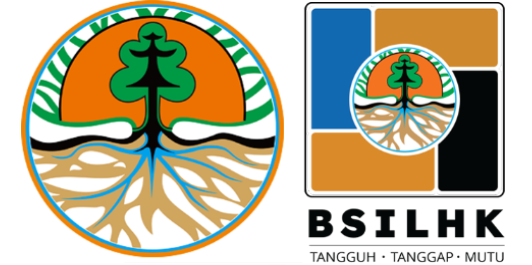
Background
Environmental degradation is a serious problem faced by countries around the world including Indonesia. The cause of environmental degradation in Indonesia largely due to the increasing population and unsustainable economic growth. The impact of environmental degradation is not only causing damage to the ecosystem but also decreasing public health quality. Complex and critical environmental problems urge the need for integrated and comprehensive treatment.
According to data of water quality monitoring, at least 30 major rivers in Indonesia have not meet class one water criteria and six major rivers in West Java do not meet drinking water requirement. Moreover, data monitoring in four major lakes and reservoirs in Indonesia namely Lake Toba and Singkarak, Jatiluhur Reservoir, and Situ Patenggang indicate that the value of COD and BOD parameters are above water quality standard according to Government Regulation Number 81/2001. The main sources of water pollution are domestic and industrial activities, such as small scale industries, agriculture, textile, pulp and paper, petrochemical, mining, and oil and gas. Only 43% of 51 million households in Indonesia has domestic waste treatment, at least 56% of these households dispose their domestic waste directly to the water bodies.
Furthermore, the most crucial environmental issues in Indonesia is plastic pollution. Indonesia ranks second to China among the top plastic polluters. Around 85.000 tons of waste is generated daily in Indonesia with a projection increment up to 150.000 tons in 2025. Approximately 40% of solid waste is generated by households. Moreover, Indonesia had more than 187 million people living on the coastal areas generating 3 million tons wastes per year and estimated 1 million metric tons of plastics waste are released into the ocean annually.
Moreover, Indonesia is also dealing with hazardous and poisonous wastes such as mercury. Since Indonesia has ratified the Minamata Convention in 2017, the effort to phase out mercury especially from artisanal and small-scale gold mining activities has been one of national priority. Mercury emission from artisanal and small-scale gold mining activities in Indonesia is among the highest in the world. Up to 60% of the country’s mercury emission is associated with the artisanal and small-scale gold activities and this number is significantly higher than global average of 37%. National Action Plan has been declared in Presidential Regulation Number 21/2019 which comprehensively regulates the targets and strategies of mercury reduction and elimination from primarily sourcing sectors.
As now COVID-19 outbreak is still ongoing, Indonesia is facing a new environmental problem in the form of outrageous volume of medical waste coming from disposable masks, medical gowns, disposable gloves, and sanitizer bottles. Medical waste is classified as infectious because it possibly produced by patients or health care personnel who might be infected by contagious diseases. Of the nationally active cases, 175 thousands confirmed and treated patients produce 323 tons of medical waste per day which require proper handling. Today as our civilization faces enormous environmental issues, science and technology can play a crucial role in providing the best solution for each of the problem. Through the 6th INAFOR, recent and updated science and technology will be highlighted and disseminated, thus raising awareness of broader audiences and hopefully giving impact to the environmental quality.
Objective
Carry out the international seminar with the theme “Emerging Environmental Quality for Better Living”, which includes sub-themes as follow:
- Monitoring of environmental pollution, role of environmental laboratory and set up national standard of environmental monitoring;
- Circular economy and environmental quality management by businesses and relevant activities;
- Mercury pollution, progress of National Action Plan (NAP) for mercury reduction and elimination as a part of the ratification of Minamata Convention on Mercury;
- Medical wastes and disposal concerning Covid19 pandemic and antibiotically resistance;
- Domestic waste, hazardous and poisonous materials and wastes;
- Restoration and remediation of contaminated lands;
- Marine and freshwater litters and microplastics.
Output
- Policy brief and recommendation on environmental quality improvement;
- International Proceedings Indexed by Scopus containing researches on abovementioned sub-themes.
Panel Sessions
The seminar will be designed into 3 panel sessions as follow:
- Session 1: Monitoring of environmental quality, setting up national standard for environmental quality measurement and laboratory, and environmental quality management.
- Session 2: Mercury on environment and the progress of NAP in mercury reduction and elimination, including restoration and remediation of contaminated lands.
- Session 3: Circular economy, waste management including medical wastes, marine and freshwater litters and microplastics.
